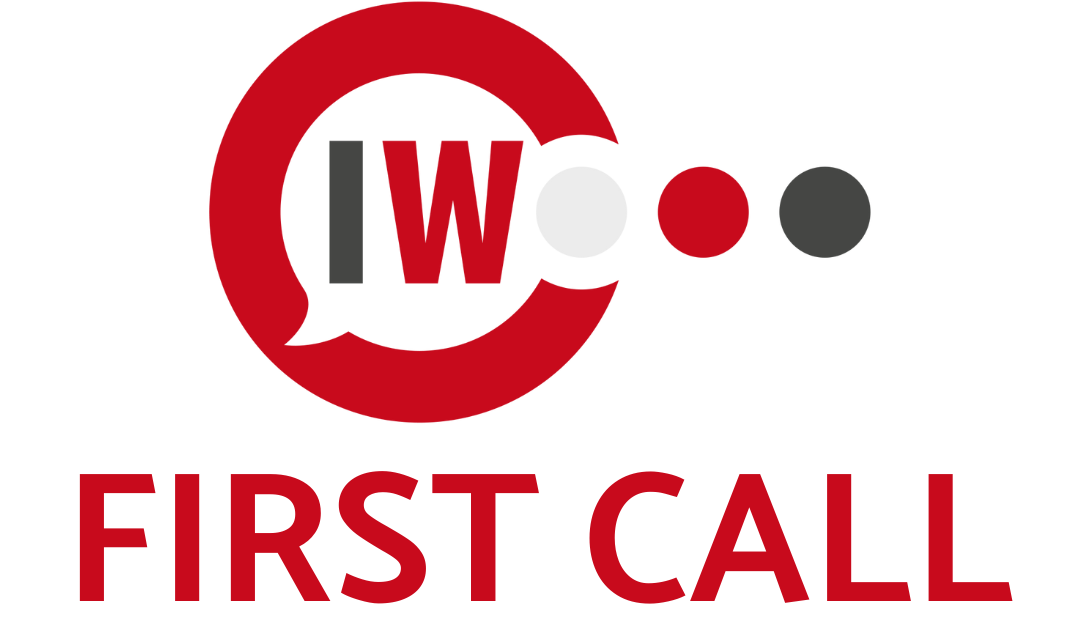Outsourcing has become an increasingly common business practice over the past few decades. Many companies are turning to outsourcing as a way to reduce costs, increase efficiency, and focus on their core competencies. However, outsourcing also comes with potential downsides and risks. So is outsourcing ultimately good or bad for business? The reality is quite nuanced. By examining the key pros and cons of outsourcing, we can better understand its impacts and make informed decisions.
Outsourcing Can Lead to Significant Cost Savings
One of the biggest appeals of outsourcing is the potential for major cost savings. By contracting work out to companies and freelancers, businesses can avoid the overhead costs associated with hiring and managing in-house employees. Outsourcing allows companies to take advantage of lower labor rates in different parts of the world. And by only paying for the work they need, when they need it, companies can better control variable costs.
According to a 2023 Deloitte survey, 60% of companies outsource to reduce costs. The cost savings from outsourcing can be substantial.
For many companies, especially small businesses, outsourcing can provide access to expertise and capabilities that would otherwise be unaffordable. The cost savings from outsourcing can then be invested in other parts of the business.
Outsourcing Allows Companies to Focus on Core Competencies
Another major benefit of outsourcing is it allows companies to focus their in-house resources on core functions and competencies. Rather than trying to be an expert in everything, companies can leverage outside specialists for non-core business activities.
Common examples include outsourcing payroll, HR, accounting, IT services, customer support, and manufacturing. For an insurance agency owner like Richard Thompson, outsourcing back office administrative tasks allows him to better focus on selling policies and servicing clients.
According to an Accenture study, 75% of companies outsource specifically so they can refocus on the core business. This increased focus and resource allocation into core competencies can result in greater innovation and competitive differentiation.
Outsourcing Provides Access to Global Talent and Expertise

The reality is that no company can hire the best talent in every domain. Outsourcing provides access to a global pool of expertise, skills, and capabilities that may not be available in-house. This is especially beneficial for small businesses and startups.
Outsourcing partners often have deeper knowledge and experience in their particular service area. Their expertise and best practices can be leveraged to improve quality. For example, an insurance agency can outsource policy processing and underwriting to dedicated specialists versus generalist staff.
Outsourcing Can Improve Efficiency and Productivity
Companies that outsource some business functions can benefit from improved efficiency and productivity. Outsourcing firms are able to invest in specialized tools, technologies, and streamlined processes specifically tailored for the services they provide.
This can result in faster turnaround times, higher quality output, and optimized workflows for their clients. The economies of scale achieved by outsourcing vendors can lead to greater efficiencies that would have been difficult for individual companies to replicate in-house.
Quality Control Can Be More Difficult with Outsourced Work
Another common issue is managing quality control for outsourced work. When functions are handled outside the business, there is less oversight and direct control. Quality issues can arise due to miscommunications, lack of domain knowledge, or differing priorities.
To mitigate this, detailed service level agreements and performance metrics need to be established. Having procedures for monitoring progress, setting expectations, and providing feedback is crucial.
Outsourcing Key Capabilities Can Increase Strategic Risks

There are also strategic risks if companies outsource too many core capabilities. Over-reliance on vendors can erode internal skills and knowledge over time. Outsourcing mission-critical functions can leave companies exposed if vendors underperform or become unavailable.
Companies should carefully evaluate outsourcing critical operations that underpin competitive advantage, such as proprietary technology development in the case of an insurance agency’s policy management system.
Is Outsourcing Ultimately Good or Bad?
The question of whether outsourcing is “good” or “bad” depends greatly on the specific context and how it is managed. There are certainly major benefits to costs, focus, productivity, and access to talent. But the risks around company culture, quality control, and strategic dependence also must be addressed.
Done strategically, outsourcing can be extremely beneficial. But it is not a universal solution. Companies need to weigh short-term cost savings versus long-term investments in core capabilities. With proper vendor selection, service level agreements, and relationship management, outsourcing can play a highly positive role in business performance.
Key Takeaways on the Pros and Cons of Outsourcing
- Outsourcing can significantly lower costs but may negatively impact company culture.
- Outsourcing allows greater focus on core competencies but risks declining internal capabilities.
- Outsourcing provides access to specialized talent and expertise.
- Outsourcing can improve efficiency and productivity.
With the right strategy and vendor relationships, outsourcing can optimize operations and drive growth.
Conclusion
The decision to outsource should not be taken lightly. But by understanding its true impacts, both positive and negative, companies can determine where outsourcing makes strategic sense for their business. With careful planning and management, outsourcing can be leveraged as a valuable strategy to reduce costs, enhance capabilities, improve quality, and allow greater focus on the core business. As you consider outsourcing, let the experienced team at IWFirstCall help guide you through a successful initiative. We have a proven track record helping organizations realize the many benefits of strategic outsourcing. Contact us today to learn more about how we can support your business goals.
FAQ
Is outsourcing good or bad for my business?
This depends on the specific needs of your business. Offshoring and outsourcing can help companies to reduce labor costs and focus on core business operations. However, finding the right third-party can be a challenge and there could be unintended consequences of outsourcing such as a negative effect on company culture.
What are the pros of outsourcing?
There are several advantages of outsourcing. For example, it allows business owners to focus on their core business operations, it can reduce labor costs, and it provides access to a global talent pool. Another advantage of outsourcing is that companies may not need to hire additional full-time employees.
How can I find the right outsourcing companies?
Research is key when outsourcing. It’s important to ensure that the outsourcing services align with your business goals, have a credible industry reputation, and exhibit financial stability. Additionally, look for a company that values transparency, flexibility, and effective communication.






